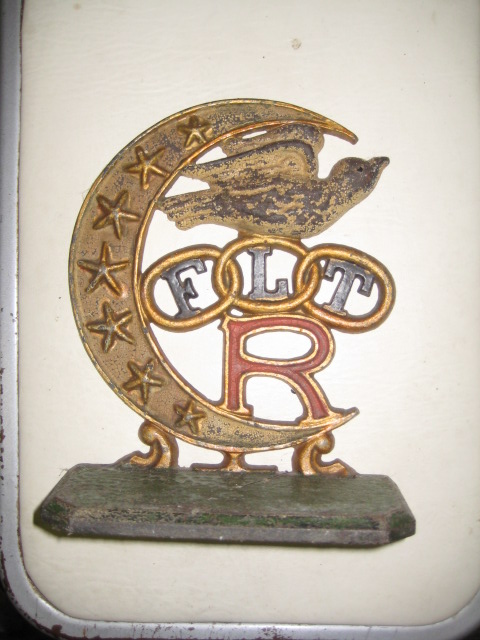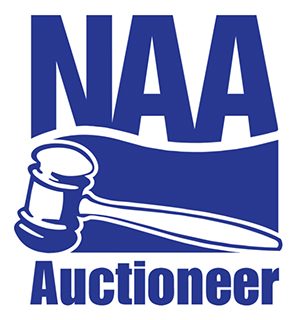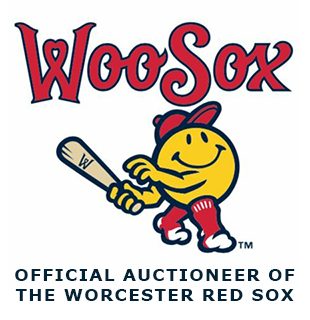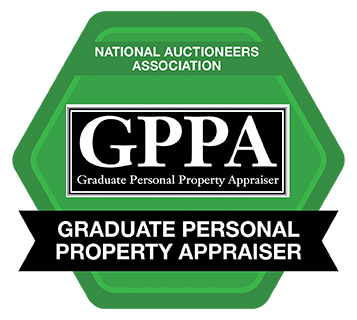
Odd Fellow’s doorstop from appraisal
brought nearly $400 at auction
When I am appraising the contents of an estate or evaluating an item or two, people like to know the history behind the pieces that I provide for them and I enjoy hearing any family history they have. The most important thing on everyone’s mind, though, is hearing my opinion on the value of their antique.
An appraisal is an estimate of the value of an item. Appraising is part science and part art. Experience in the antique business gives an appraiser a base of information and knowledge of prices from the results of past sales for most items. Sometimes an antique is unusual or rare and an appraiser needs to research the value in price guides, auction results or other past sales.
An appraisal is someone’s opinion on the value of an item. Two appraisers may come up with different prices for an item based on their past experience or their research. An individual appraiser may also place two or more different values on the same item. Those of you who watch PBS “Antiques Roadshow” will often hear an appraiser offer an auction estimate of their item and an amount for which they feel it should be insured. They are two different figures.
If you want to research your antique, study the item as closely as possible. Try to determine what materials were used in the construction. When you go to an antique show or flea market, you will often see buyers flipping over objects and looking at the bottom. They are looking for marks, maker names, patterns, dates and any other information that will help them decide whether or not to make a purchase.
After you’ve studied your piece there are a number of things that you can do to learn what antiques are worth. There is no substitute for experience. When I started selling antiques as a hobby over 25 years ago, I attended as many local auctions as I could every week. I might see 6 or 8 oak dressers sell for at different auctions in a month and had a good idea of what prices they were bringing. Attending auctions is a great way to learn more about antiques.
My website www.centralmassauctions.com has pages with past auction results. You may find that you have something similar to an item that we’ve sold. You can also look at online auction sites. Make sure to look at prices of items that actually sold. I looked on an online auction site and saw a 1967 World Series program with an asking price of $150. I found some had recently sold for less than $10 when I looked at a listing of sold items.
There are plenty of reference books available with subjects ranging from 18th Century furniture to Star Wars collectibles. You can find books with makers, patterns and, of course, prices.
Sometime an appraisal isn’t the best option. I sometimes receive calls where a client asks for an appraisal but, after speaking with them more, what they really want is to sell their antiques. They are able to save the cost of a written appraisal by consigning the items for auction.
As you can see there is a lot that you can do on your own to determine what your antiques are worth. When you have an entire estate, large collection or rarer items you can always call in a professional!
Contact us at: Central Mass Auctions – Wayne Tuiskula Auctioneer/Appraiser – Estate Specialists: Antique Estate Auctions, Estate Sales and Appraisal Services www.centralmassauctions.com (508-612-6111), info@centralmassauction.com.
If you have any questions about antique auctions and estate sales, call Wayne Tuiskula, Auctioneer/Appraiser at 508-612-6111 or email us today.
Our articles are published in the Webster Times, Spencer New Leader, Auburn Mass Daily, Blackstone Valley Tribune, Charlton Villager, Killingly Villager, Putnam Villager, Sturbridge Villager, Thompson Villager and Woodstock Villager.




